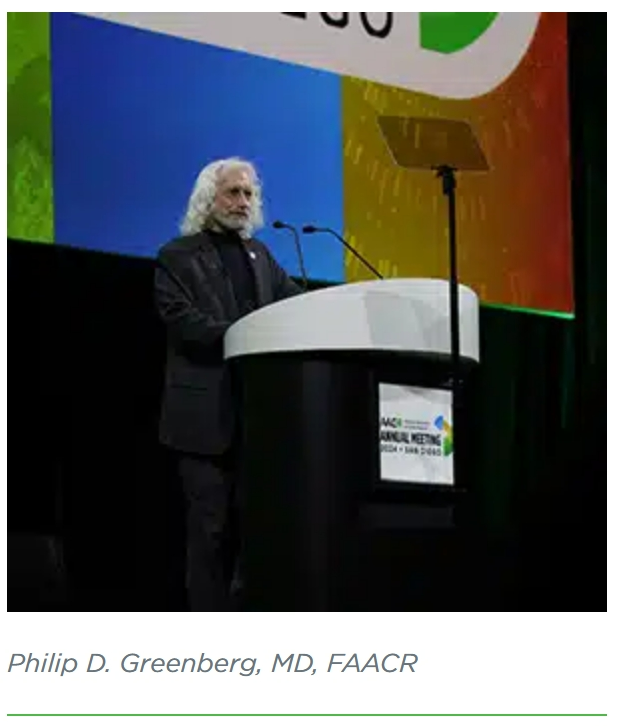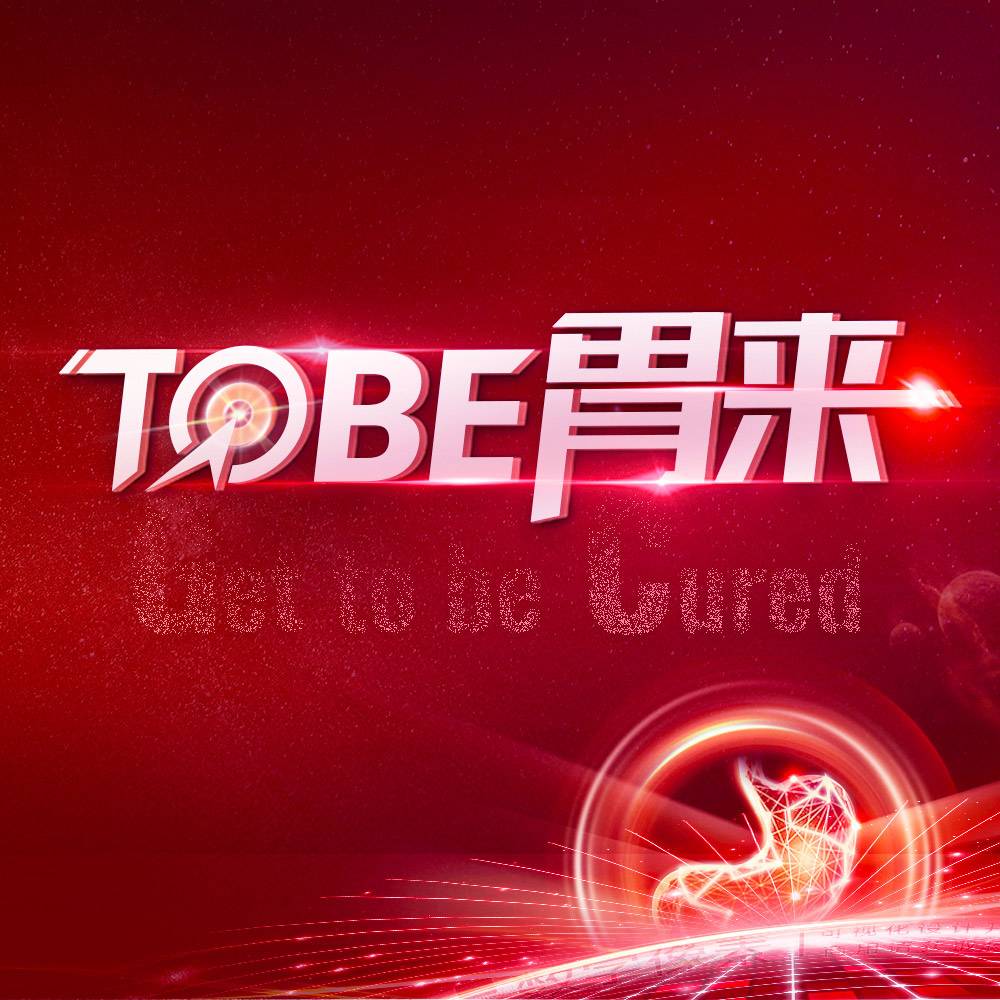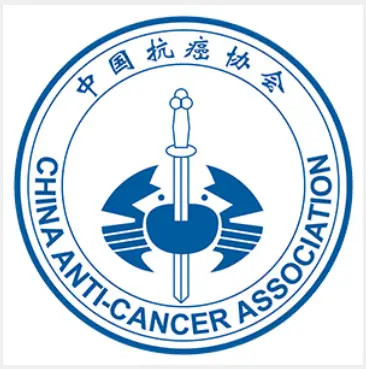
以下内容原文发布于AACR官方博客《Cancer Research Catalyst》, 中文内容仅做参考,请点击文末“阅读原文”,阅览原文内容。
在 23000 余名会议注册者见证下,美国癌症研究协会( AACR )首席执行官 Margaret Foti 博士于开幕式上致辞,拉开了 2024 年 AACR 年会的序幕。
Foti博士表示:“我们对癌症的认识取得了前所未有的飞跃,前端技术也使我们能够以前所未有的精确度聚焦于这一疾病,因此抗癌工作仍以惊人的速度取得进展。在各位同仁的不懈努力下,美国癌症幸存者人数现已超过1800万,癌症死亡率则在过去30年中下降了33%。”
尽管取得了这些成就,Foti同时承认癌症发病率仍在继续上升,这也是吸引众多研究人员、科学家、患者权益倡导者和医疗保健专业人士来到圣地亚哥参加此次里程碑式会议的原因。众多开创性的发现和研究进展在会上得到展示,目的则是激励科学研究、推动进步并彻底改变医护人员——这也是此次年会的主题。Rona Jaffe基金会讲席教授(endowed chair)、弗雷德·哈钦森癌症研究中心免疫学教授兼项目负责人、美国癌症研究协会(AACR)主席 Philip D. Greenberg 博士(MD,AACR会士)补充称,今年的会议日程代表着癌症研究领域独特且激动人心的时刻。
Greenberg博士表示:“当我们看到基础研究、临床前科学和临床应用之间的交叉,以及使这些交叉成为可能的技术进步,本届年会的意义也随之显现:我们正处于癌症研究的关键时刻,癌症病因学、预防、诊断和治疗将出现质的飞跃。”
了解更多内容,请阅读以下原文。
AACR Annual Meeting 2024: Opening Ceremony Highlights a Banner Year
With a record number of more than 23,000 registrants, Margaret Foti, PhD, MD (hc), chief executive officer of the American Association for Cancer Research (AACR), kicked off the
AACR Annual
Meeting 2024
with an Opening Ceremony that celebrated a banner year for the organization and the achievements made against cancer overall by many of those in the room.

“Progress against cancer continues at a remarkable pace due to unprecedented leaps in our understanding of cancer and in cutting-edge technologies that are allowing us to target this disease with greater precision than ever before,” Foti said. “Thanks to your tireless efforts, the number of cancer survivors in the U.S. has now surpassed 18 million, and the cancer death rate has declined 33% over the past three decades.”
Even with these gains, Foti acknowledged that sadly the cancer incidence continues to rise, which is what brought so many researchers, scientists, patient advocates, and health care professionals to San Diego for this landmark meeting that showcases pioneering discoveries and advances that will hopefully inspire science, fuel progress, and revolutionize care—the theme of this year’s meeting. AACR President Philip D. Greenberg, MD, FAACR , the Rona Jaffe Foundation endowed chair and professor and head of the program in immunology at the Fred Hutchinson Cancer Research Center, added that this year’s program was designed for a unique, exciting time in cancer research.
“When we look at the intersections between basic research, preclinical science, and clinical applications—and the remarkable advances in technology that make these intersections feasible—it is clear that we come together for this Annual Meeting at a crucial moment in cancer research,” Greenberg said, “a moment in which we have the potential to make quantum leaps forward in cancer etiology, prevention, diagnosis, and treatment.”
A YEAR OF ACCOMPLISHMENTS
The Opening Ceremony highlighted several impactful AACR initiatives launched within the past year to further its mission of supporting the cancer research workforce and accelerating the prevention and cure of cancer, including:
The AACR Cancer Centers Alliance, which so far has 94 U.S. cancer centers as members that are collaborating to expand the scope and capabilities of these institutions to further help patients.
The AACR Center for Cancer Clinical Trials, which was formed to sponsor clinical research and oversee novel science-based clinical trials, will activate its first sites in an AACR clinical trial in the near future.
The inaugural AACR Oncology Industry Partnering Event , held prior to the AACR Annual Meeting 2024, brought together several hundred researchers, industry partners, and investors to share strategies regarding the development of innovative oncology therapeutics and diagnostics.
The AACR High School Summer Program will welcome its first class of students in the summer of 2025, offering them hands-on research experience, interactions with survivors and patient advocates, professional development opportunities, and a scholarship to participate in the AACR Annual Meeting.
The Asian/Asian American and Native Hawaiian/Pacific Islander Task Force was formed to devise steps to boost the recognition and leadership pipelines of scientists and physicians of these ethnicities, who represent 35% of the AACR’s membership.
The addition of the Hematologic Malignancies Working Group , which will convene a diverse group of national and international leaders and stakeholders engaged in hematological malignancies research to analyze the current state of the field and identify opportunities for pivotal innovations to accelerate progress and assist in guiding AACR’s ongoing and future programs and initiatives dedicated to saving lives from blood-based cancers and other related diseases. The group’s inaugural Town Hall Meeting will be held on Monday, April 8, from 6-8 p.m. in the Hilton San Diego Bayfront’s Sapphire Ballroom.
In 2024, the AACR will also launch its 10th working group, this one dedicated to pathology in cancer research, as well as new task forces and committees in fields such as lung cancer, data science, and immuno-oncology.
Additionally, AACR is continuing its mission in achieving health equity through the work of the AACR Minorities in Cancer Research (MICR) and Women in Cancer Research (WICR) constituency groups; the continued partnership with the Bristol Myers Squibb Foundation to organize the Robert A. Winn Diversity in Clinical Trials Workshop; and the third edition of the AACR Cancer Disparities Progress Report, which will be released in May.
The ceremony also took time to recognize this year’s scientific achievement award recipients , the June L. Biedler Prize for Cancer Journalism recipients , the 2024 Class of Fellows of the AACR Academy , and the AACR Outstanding Achievement Award for Service to Cancer Science and Medicine , which was presented to Pfizer Inc., as well as the company’s chairman and chief executive officer, Albert Bourla, PhD. Last December, Pfizer announced that it had chosen to donate the rights of its royalties from the sale of the immunotherapeutic avelumab (Bavencio) in the U.S. to the AACR as an acknowledgment of the AACR’s unwavering dedication to sustained innovation in cancer research and treatment.
Similarly, Foti acknowledged the efforts of the 45 patient advocates and more than 20 Advocate Mentors of the AACR Scientist↔Survivor Program® , and welcomed those in attendance to stand at the front of the stage for a round of applause.
This year also marks the 25th anniversary of WICR . Prior to WICR’s formation, only 13% of the AACR’s membership were women, including only three of the organization’s first 72 Presidents. Today, women represent 45% of all AACR members and eight of the last 16 AACR Presidents, including the new President Patricia M. LoRusso, DO, PhD (hc), FAACR , and President-Elect, Lillian L. Siu, MD, FAACR , who will kick off their tenures on Monday, April 8, during the AACR’s Annual Business Meeting of Members.
PRIORITIZING SCIENTIFIC COMMUNICATION

As Greenberg’s year-long tenure as AACR President comes to end, he also wanted to ensure this year’s program set the path to accomplish one of his goals: establishing opportunities for scientists to improve their communication skills. Yesterday, he gave introductory remarks in a special session on “Strategies to Effectively Communicate Science to the Public” that featured perspectives and tips from researchers, journalists, and patient advocates on the best ways to turn scientific information into comprehensible messages for the media, policy makers, and the public.
“Communicating great advances and the excitement they engender to the public in terms that are readily understandable is of utmost importance, especially in this time of declining trust in science,” Greenberg said. “With its vast experience in communicating science to diverse audiences, AACR is ideally positioned to provide scientists and clinicians with the tools and training to effectively explain their research to the world.”
Attendees who missed the session can watch it online on the virtual platform, and Greenberg said the AACR will expand on this topic with further educational opportunities later this year.
EMBRACE YOUR INNER EXPLORER
As the Opening Ceremony transitioned into the Opening Plenary, the Program Committee Chairs, Keith T. Flaherty, MD, FAACR , director of clinical research at Massachusetts General Hospital Cancer Center, and Christina Curtis, PhD, MSc , RZ Cao professor of medicine, genetics, and biomedical data science at Stanford University, set the stage for what attendees can expect over the next four days.
Curtis said they worked to create a program that accounted for the technological tipping point Greenberg referenced by increasing the number of technology-focused sessions, which includes the first AACR plenary session focused entirely on AI and the new Advances in Technologies track featuring seven sessions. They also weaved technology into other sessions—including the Opening Plenary—by paring basic, translational, and clinical science with the tools that support and amplify those discoveries.
“A critical element of this meeting is the opportunity for each of us to step into new territory and explore ideas and approaches that are beyond our areas of immediate interest,” Flaherty said. “[We] made a concerted effort to develop sessions that foster that sense of exploration.”
更多内容,请点击“阅读原文”
排版编辑:肿瘤资讯-Astrid











 苏公网安备32059002004080号
苏公网安备32059002004080号


